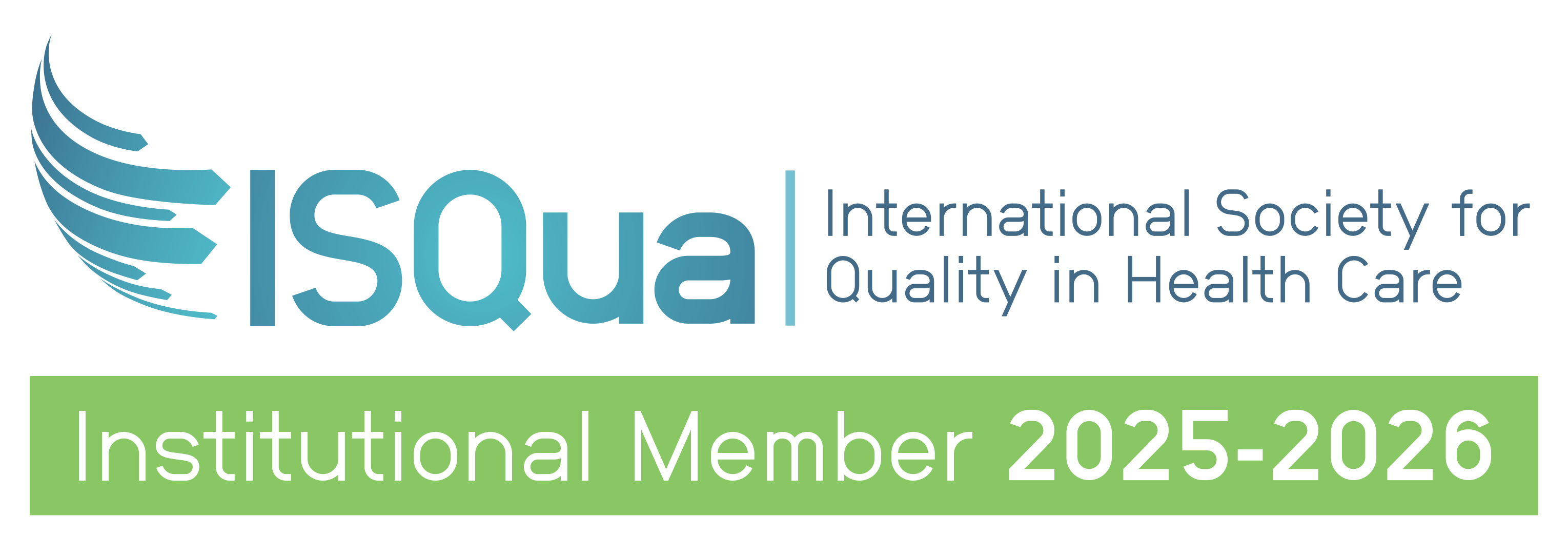
Is Quality Improvement the solution to health inequity?
Reflections from our Member Masterclass with Dr Kedar Mate. How quality improvement methodology can reduce disparities in the delivery of healthcare among disadvantaged population groups.
Quality Improvement methodologies aim to enhance healthcare processes and outcomes, leading to better patient care and experiences. By focusing on addressing disparities and promoting equitable access to healthcare services, these methods can help reduce inequities in healthcare delivery.
Health equity refers to the fair and just opportunity to attain access to high standards of healthcare. It is estimated that 80% of health outcomes are affected by social, economic, and environmental factors.
In Australia, Aboriginal and Torres Strait Islander people experience significant disparities in health outcomes compared to non-indigenous Australians. Historical factors, ongoing systemic issues and social determinants of health contribute to these health inequities.
Addressing this gap requires sustained commitment, cultural understanding and collaborative efforts to address the broader social determinants of health.
Dr Kedar Mate, CEO of the Institute of Healthcare Improvement (IHI), offers a thoughtful perspective on how quality improvement methodology can be leveraged to tackle disparities and ensure equitable access to high quality care for all. Below we provide a summary of some of the key insights to add to discussions on this important topic.
According to Dr Mate, quality improvement methodology is highly effective in addressing health inequity.
“Quality improvement is actually targeted at trying to improve variation in systems, so we started to apply quality improvement methods to documented forms of inequity and health outcome and what we found when we started doing that was that the systems could use quality proven methods to start addressing institutional forms of racism or bias that was present.
In the pacific northwest part of the United States, they started working on the time to stroke response so two patient populations - black and white patients, presenting to the emergency room with similar signs and symptoms of a stroke but very different time to thrombolytic therapy to resolving the stroke.
The most amazing thing about this was you could see improvements in care and reductions in inequities in a matter of months.”
By considering equity as part of the process, we can increase awareness in tackling the issue.
“We realised that we weren’t prioritising things right. We were never asking the important question even in our most successful projects, of whether it was benefiting everyone the same or whether we were creating more disparity.
It’s important to make equity part of the strategy because when you do that you start asking these questions.”
Health inequity is a complex and multifaceted issue, however, each step no matter how small, can have a meaningful impact and contribute to progress. The ACHS Improvement offers two courses for building capacity in quality improvement at your organisation. Click below to see upcoming course dates:
Members can watch this full recording and access our self-paced online learning, Delivering Excellence: NSQHS Standards by visiting the e-learning Platform.
Simply register to access these resources.

